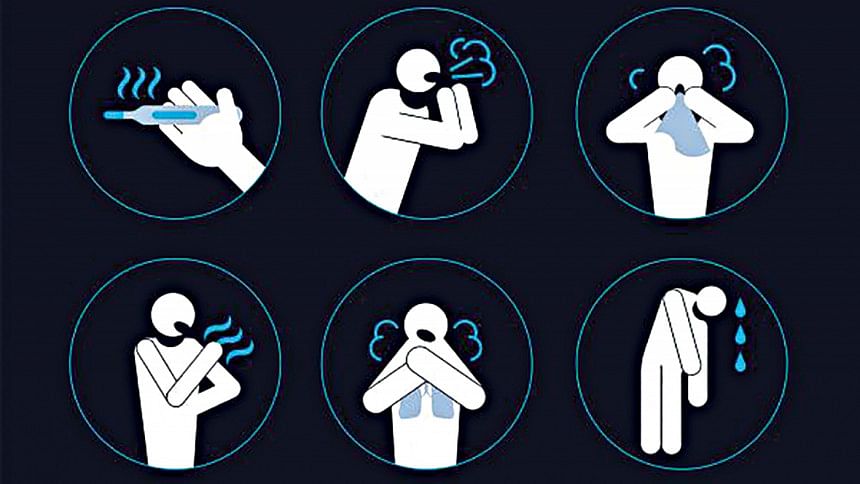Symptoms of COVID-19: Loss of smell and taste

When the virus first hit us, there was a lot that we did not know about its signs and symptoms, but we are now more aware. A lot of people have asked me if loss/change in the sense of smell and taste is part of COVID-19 symptoms. The answer to the question is a YES! A few months ago, it was not considered an important symptom, but now, it is confirmed as one of the major complaints from patients who have contracted the Coronavirus.
About 40 percent of patients suffering from COVID-19 experience loss/change in smell and taste as preliminary symptoms. So, anyone experiencing this should isolate themselves, and get tested, along with all members of the household.
As these are new signs, lots of studies are ongoing as to how well patients recover these losses of senses. It has been seen that some patients recover fully within four weeks of the infection, but others have reported longer periods on follow ups.
Now, why does COVID-19 affect the patient's olfactory senses?
Studies have found that the entry point of the coronavirus is the nasal passage, and the roof of the nose is lined by olfactory epithelium. Scientists at Harvard University have discovered that olfactory cells in the upper nasal cavity are most vulnerable to infection by the coronavirus.
The good news is that the sensory neurons that detect and transmit the sense of smell to the brain are not among the vulnerable cell types. It is the supporting cells of the olfactory sensory neurons, some stem cells as well as blood vessel cells that are infected and cause the disturbance in the olfactory sensation. So, there is no permanent damage to the olfactory cells themselves.
As the patient recovers from COVID-19, the cells recover their normal function.
As far as the sense of smell is concerned, usually no particular treatment is needed for recovery. In very rare cases, patients do not recover fully and that becomes a difficult condition. In these cases, patients should consult an otolaryngologist.
There is a very strong relation between the sense of smell and taste. We mostly enjoy our food and our environment by smelling it. In COVID-19, even if the taste buds are not affected, without the sense of smell, there is an alteration in the taste of food. And this causes a loss of nutrition and health for the patient in the long run.
There is a well described correlation between smell blindness (anosmia), depression and anxiety. This is because much of the pleasures in life are related to the sense of smell — from enjoying meals to bonding with people. The smell of food, the smell of perfume, body odour, and even the smell of chemicals and fire make up a big part of our life, and security. So, if there is a permanent loss of these senses, it will have long term effects.
Photo: Collected

 For all latest news, follow The Daily Star's Google News channel.
For all latest news, follow The Daily Star's Google News channel. 



Comments